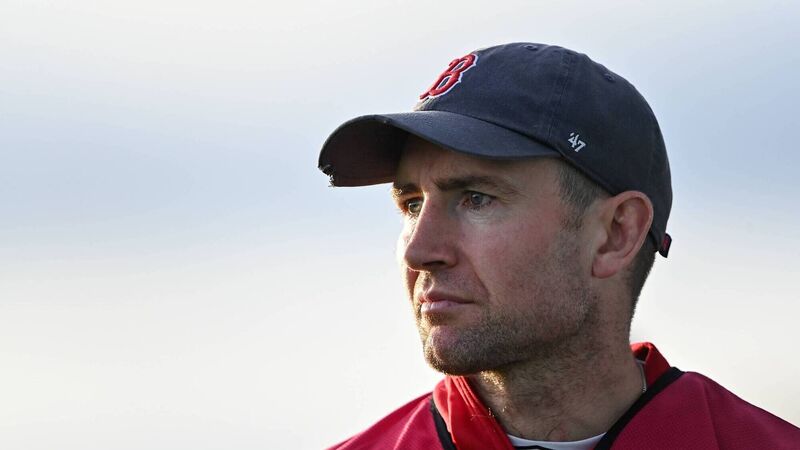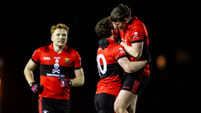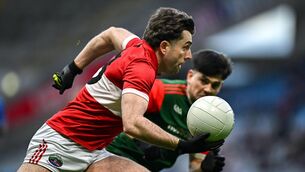Brennan: The GAA's year of living too dangerously

Eddie Brennan: The bottom line is if you’re looking at who is responsible it starts first and foremost with the club and that’s where the buck stops.
Expelling teams from current and future competitions for acts of violence is the only way that will make clubs and other units sit up and take notice, says former Kilkenny star Eddie Brennan.
Brennan, also a former Laois manager and a sergeant instructing in the Garda training college in Templemore, was appalled at the number of flashpoints this year, especially the assaults on referees in Roscommon and Wexford.











